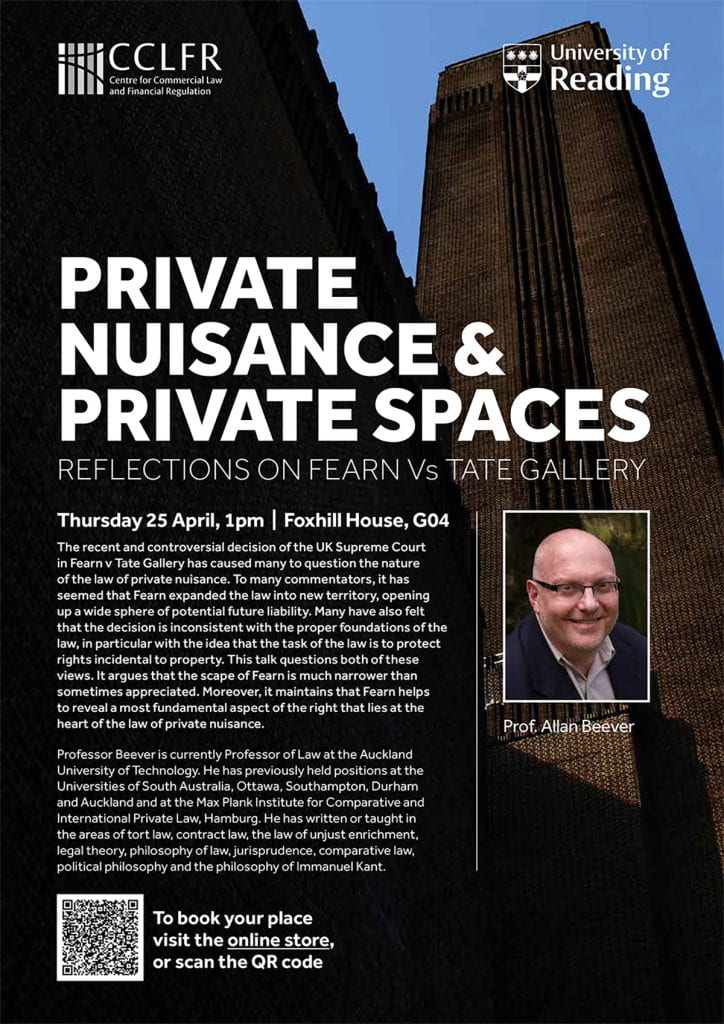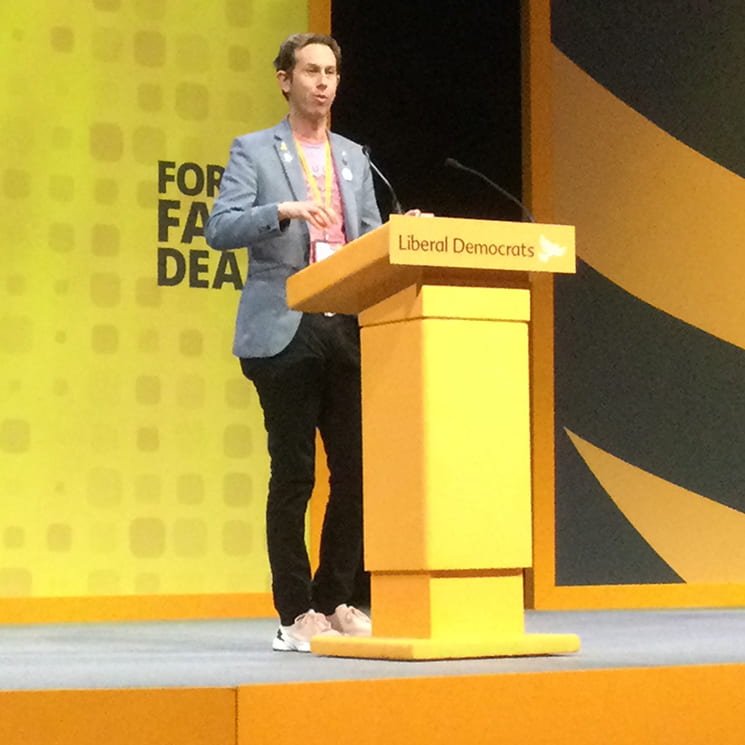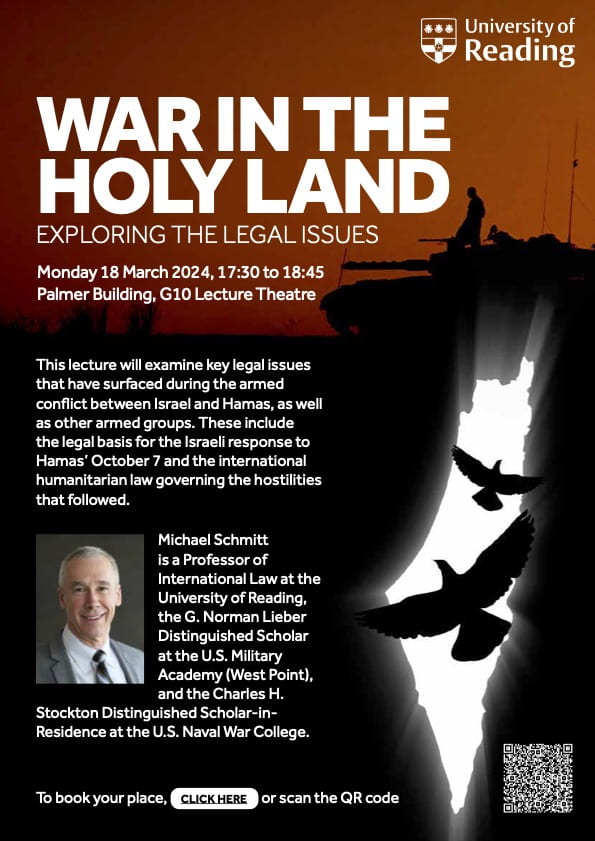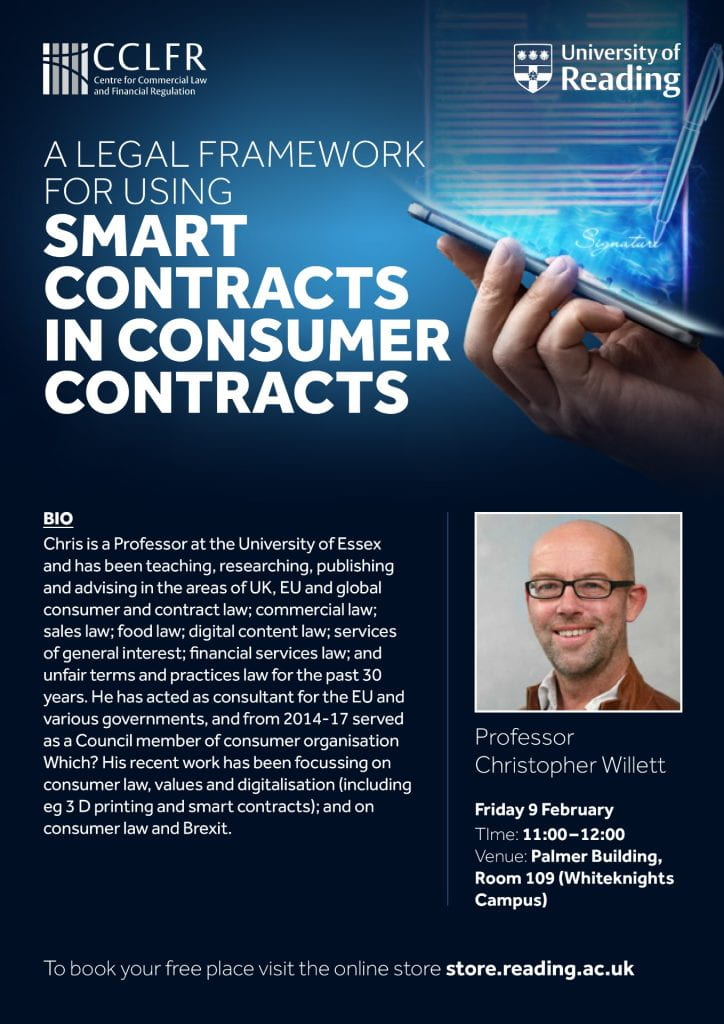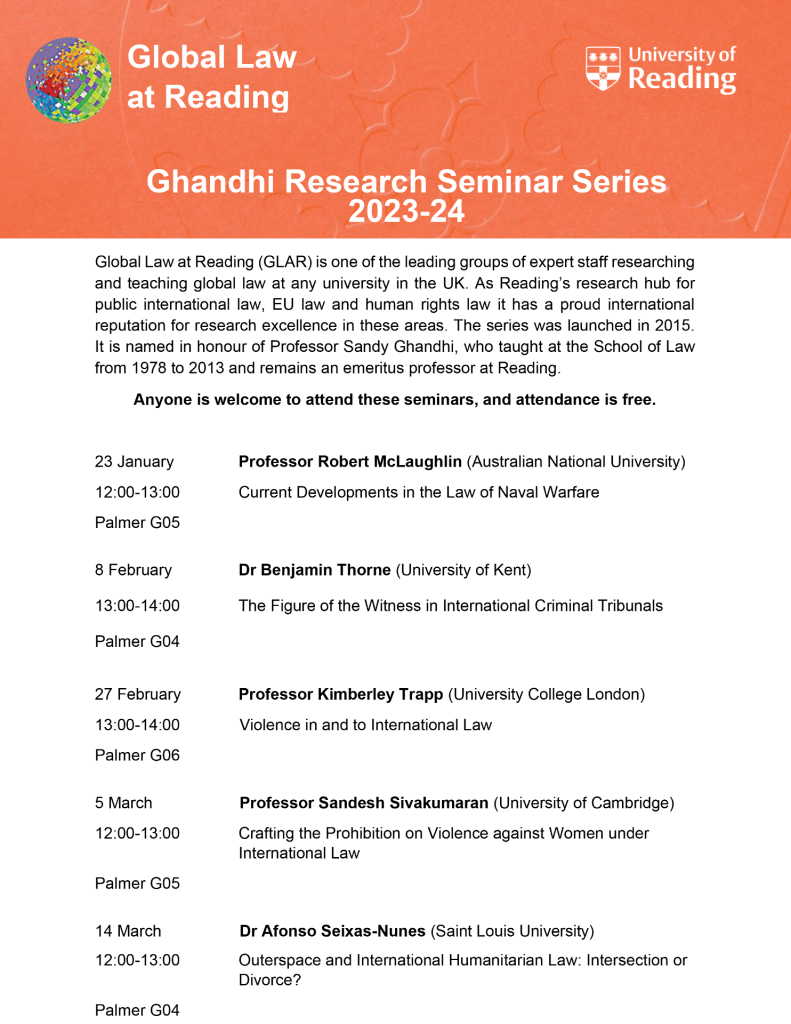Genocide and the Ocean: Conceptualising their Relationship
Online workshop starting at 10am UK Time – Click to join us on Teams.
What is the relationship between genocide and the ocean? This question invites critical inquiry into what it is we talk about when we talk about ‘genocide.’ On one level, genocide is a narrow and technical issue of international law that imposes liability for violence undertaken with the ‘specific intent’ to destroy a racial, religious, or national group in whole or in part. On another level, genocide is broadly invoked in moral and political discourse as the supreme act of human evil. In other words, contrary to existing international legal doctrine, genocide occupies the popular imagination as a ‘crime of crimes’ placed at the very top of an asserted hierarchy of harm. Recognising this multi-faceted deployment as an embedded feature of genocide discourse, the aim of this workshop is to explore where exactly the ocean fits within this scheme, especially considering the myriad of ways in which the ocean and oceanic forces can end and/or degrade human life on a brutally massive scale.
Itinerary
10am – Welcoming Remarks – Eric Loefflad (University of Kent) and Vicky Kapogianni (University of Reading)
10:15am Opening Address – Eric Loefflad – Otto Kranzbühler in the Bab el-Mandeb Strait: Nuremberg, Yemen, and Universal Justice in a World of Maritime Hegemony
10:45 – Panel 1: Migration
Moderator – Vicky Kapogianni
*Fatima Mehmood (Universal College Lahore) – The Nexus of Non-Refoulement and Genocide: Exploring Erga Omnes Parties Obligations Owed to Sea Refugees
*Regina Palouse (Common Good Foundation) – Genocide beyond Borders? The Rohingya at Sea
*Dorothea Endres (Geneva Graduate Institute) and Vera Piovesen (Geneva Graduate Institute/Durham University) –Letting Migrants Drown in the Sea: A Practice-Based Analysis of EU Leaders Committing the Crime of Genocide
Q & A (15 minutes)
11:45 – Panel 2: Environment
Moderator – Andreas Kotsakis (University of Kent)
*Holly Leung (University of Hong Kong) – Maritime Ecocide
*Dave-Inder Comar (Just Atonement) – Self-Determination, Sea-Level Rise, and Climate Change: New Approaches towards Protecting the Existence and Survival of Peoples from Climate Change Impacts
*Gaspard Lemaire (University of Angers) – Climate Inaction and the Future of Small Island Developing States: A Crime Without a Name?
Q & A (15 minutes)
Break (15 minutes)
1pm – Keynote Address: Itamar Mann (University of Haifa) – Gaza’s Salty Water
Q & A (15 minutes)
1:45- Panel 3: Accountability
Moderator – Benjamin Throne (University of Kent)
*Aditya Kanuparthi (independent researcher) – The Potential Role of the Current Advisory Opinion Proceedings at ITLOS in Preventing Genocide at Sea
*Cristiano D’Orsi (University of Johannesburg) – Paradise for Tourists have not been Always a Paradise: Conflicts in African Islands and the Past (and Present) Role of the Formal Colonial Powers
*Vittorio Cama (University of Trento) – Navigating Murky Waters: Addressing the Intersection of International and Transnational Maritime Crime
Q & A (15 minutes)
2:45– Farewell Remarks
Eric Loefflad and Vicky Kapogianni
Microsoft Teams meeting
Click here to join the meeting
Meeting ID: 376 436 224 435
Passcode: JqcRJZ


